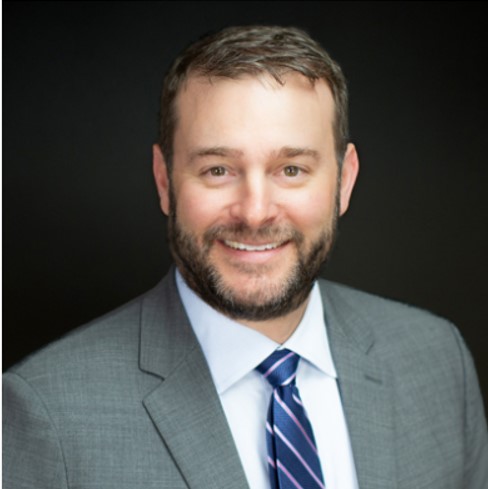Wealth Strategies
Faith-Based Investing In 21st Century - What's The Potential?

The firm, based in Wyoming, says there's big potential for "faith-based" investing to grow in the US. As the Christmas season approaches, it is perhaps fitting to talk to a business that takes a particular angle on putting teachings into practice.
In this era of ESG investing, it’s perhaps easy to forget that ideas around “ethical” ways to manage money have been around for centuries. There’s world of Shariah finance and its ban on interest and gambling, for example. Well, it turns out that approaches stemming from the Christian faith have a place in the picture.
The potential is large. It’s been reported that only 0.9 per cent of assets held by Christian individuals or institutions in the US are deployed (which represent $30 trillion in investments), according to christianitytoday.com in August this year.
“There is a huge opportunity here,” Rob Miller, CEO, Frontier Asset Management, told this news service in a call. This firm is based in Sheridan, Wyoming.
Even a rise to 2 per cent would represent a large amount of capital, Miller said.
Frontier Asset Management was started in 2000 by Gary Miller, CFA, and Rob Miller. The men managed around $40 million for a regional broker dealer at that time. The firm now manages more than $5.5 billion and employ 52 full-time staff.
Frontier focuses on targeting downside exposure and spends a lot of time thinking about risks.
“We support the idea of supporting the community and doing good and we look at firms that do that,” Miller said.
“Doing good” can sound a little vague, but it broadly covers
notions such as investing in companies that develop drugs and
treatments to help people around the world, for example.
In some ways it is easier to isolate and avoid firms that plainly
do not do good, Miller said. Frontier pays particular attention
to how firms are governed, how they deploy their capital, and
whether they give to charity.
Getting the message out
Frontier Asset Management works via a network of advisors and
broker-dealers.
“There is a subset of about 10 per cent of all advisors and broker-dealers who are really interested in this,” Miller said. “When asset owners feel that their values are in alignment, they are very excited about it,” he said.
FWR asked Miller to explain if there specific aspects of Christian teaching that are particularly used in his decisions?
“The concept of loving your neighbour is central in faith-based investing. How does a company love their neighbour? By creating products and services that add value to the world and the people in it,” he continued.
FWR also asked why, given how many self-identify as Christian, there hasn’t been the kind of explicit reference to Christian teaching that there is with Islam, for example.
“It comes down to two things: First, faith-based investing wasn’t a large enough market to attract advisors - and so there was a lack of awareness by advisors and investors alike. And secondly, the highly tailored, highly personalized nature of faith-based investing has traditionally been time consuming and expensive,” Miller said. “However, with the rise of ESG and sustainable investing, faith-based investing is coming up more and more in conversations. And there the accessibility of faith-based strategies has improved.”
Finally, this publication asked Miller if there is a cross-over between Christian faith and the insights of behavioural finance.
“According to research from Baylor University, Duke University and MIT, economists report that those who are active in their faith have strong associations between measures of subjective well-being as well as a better tolerance for economic movements - such as booms, busts or income shocks - than those who are not active in their faith,” he said.
“There is a lot of excitement around faith-based investing. For intermediaries, offering a faith-based option can help an advisor differentiate their business, build stronger relationships with their clients, and open doors to other conversations such as charitable giving or leaving a legacy. And for investors, faith-based investing allows them to be more thoughtful and purposeful with their wealth. When an investment portfolio aligns with their values, they can take more comfort in the outcomes,” he said.
Over the next fiv e years we hope to continue to provide
exceptional service and expand our offering onto additional
platforms and relationships. All investment advisors should
have the option of providing Frontier Strategies to their clients
if it is a good match. Success is growing the business while
maintaining the culture that has brought us this far.